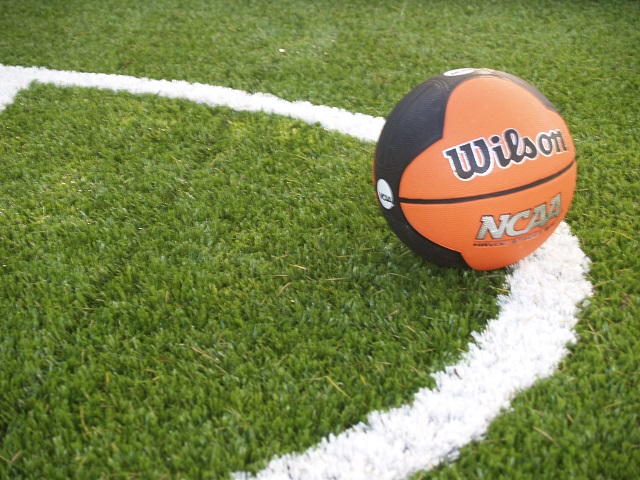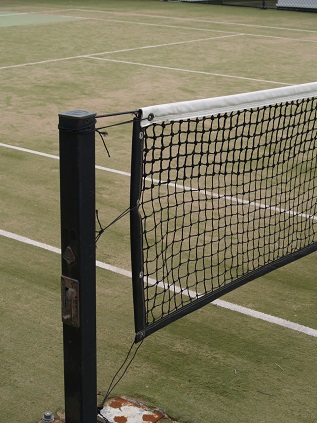Coaching is natural ability. Great coaches have a leadership style which make results happen through performance! Do you have what it takes to be a top coach?
Sports coaches offer training in a particular area of sport to enhance and improve people's skills and performance. They will understand how to play the sport well, the rules and how to motivate and encourage the athlete.
Coaches may be someone who has retired from professional or semi-professional sport, or someone who has a keen interest to work with groups of people to improve individual or team results. In amateur sporting competitions, coaches could be the parent or another passionate adult who has time and commitment to lead and develop young people in their chosen sport.
Professional sports coaches often travel extensively and globally with the athlete(s) to remain with them during competition.
Sports coaches may potentially need to build relationships with equipment suppliers, distributors or specialist retailers. Having an open and warm temperament is helpful for ensuring you have positive relationships with the specialists who come to distribute and service equipment of a
particular type (e.g. gym equipment, medical equipment, audio visual
equipment).
Scope of Work
Work may involve:
Teaching clients about one or more different sports - how to play well, rules, motivating - encouraging the athlete
Assessment and monitoring - fitness, strength, flexibility, health, skills
Reviewing - with client: discussing progress, planning training
Health Care - helping client manage wellness, nutrition, stress, medical treatments
Planning - team and individual strategies
Coaches work may also involve:
Administration - record keeping, financial management, marketing
Professional Development - networking, PD study, travel, conferences, retirement strategy
Communications - writing reports, work in media, public speaking

What You Need to Learn
- Sports knowledge -understanding of different sports, preferred sports, rules, tactics, etc.
- Communication - verbal, non-verbal, interviewing, educating clients/patients, interpersonal skills, listening, writing, speaking, body language
- Planning skills - giving instructions, demonstrations, planning schedules
- Assessment - develop training programs, skill development, performance targets
- Well being - basics of fitness, health, nutrition and human physiology, aerobic and muscle fitness, demographic differences
- Sports psychology - dealing with losing, coping with success, controlling anger, problem solving skills, personality types
- Motivation skills - mentoring, advising, leadership, facilitation, incentives
- Coaching skills - rapport building, focus on solutions, goal setting, mentoring
- Personal skills - commitment, self-discipline, preparedness to work long hours, patience, enthusiasm, flexibility, innovation, physical fitness
- Business basics -profit and loss, economic theory, management structures, legalities, contract law
- Product knowledge - underpinning knowledge such
as physics, biochemistry, materials science, and specifics such as use
and maintenance of gym equipment
Starting a Career
Starting points for coaches can be varied; for example:
- Volunteering - assistant coach, amateur coaching
- Athletes - graduating from player to coach
- Being co-opted - anyone around sports from school teachers & umpires to committee members Studying - sports, coaching or related things; formally or informally
- Many start as a coach for a community team – have consistent wins and move up to a professional team.
Coaches work with both teams and individuals. Individual coaches may get their start because of a personal relationship with an athlete (eg. parents sometimes coach their children, and build experience and expertise as the athlete's career progresses).
People working in the health and fitness sectors can move into sports coaching. Sports coaches can also move into health and fitness.
Networking also helps to improve career and business opportunities – within your sector and allied sectors as well as places and people who may be looking for the type of work you offer.
Progressing a Career
The success of a high level, professional coach is often affected by reputation which in turn can depend heavily on the success of their clients. When a team wins a lot, the coach is in higher demand.
Other factors that can help progress a career include:
- Experience - broaden and deepen your experience, be measured in opportunities you take
- Networking - professional bodies, social media
- Attitude -individuals and teams like to work with uplifting people
- Learning - formal & informal studies, reading trade media,
- Public Relations - sport attracts public attention, which can be positive or negative. How you manage PR can impact a career
There are things that coaches use and people who supply those things are
as much a part of the coaching industry as the coaches themselves e.g.
sports coaches need sports equipment and rule books. Exercise coaches
and health coaches need things to measure a person's physical condition,
business coaches need tools to measure the status of a business.
Recommended Courses For Professional Development in Coaching:
Sports Coaching VRE109
Sports Psychology BPS106
You've Got Questions? We've Got Answers...
If you want to know more about your
future study and career in sport coaching, simply contact our
friendly team of course Enrolment Advisors.
Call us on 07 5562 1088 - we are here Monday to Friday.
Email us admin@acs.edu.au
Chat live online
